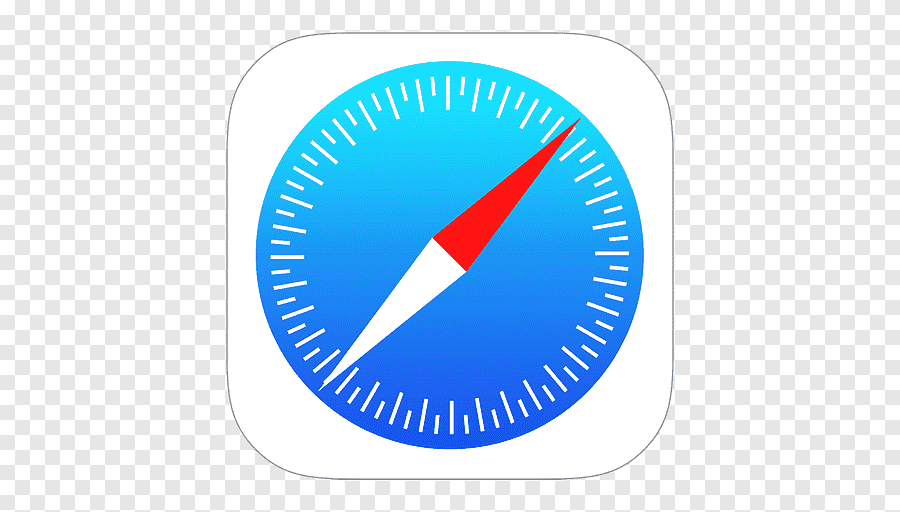Safari for iOS is the web browser designed exclusively for Apple’s mobile devices, including iPhones and iPads. Known for its sleek interface and seamless integration with the iOS ecosystem, Safari has become the default browser choice for millions of Apple users worldwide. In this article, we will delve into what Safari for iOS is used for, its core functionalities, and the advantages of using proxy servers with this browser.
What is Safari for iOS Used for and How Does it Work?
Safari for iOS serves as the gateway to the vast world of the internet on Apple’s mobile devices. Its primary functions include:
-
Web Browsing: Safari allows users to access websites, search for information, and interact with web content seamlessly. Its user-friendly interface and intuitive gestures make navigation a breeze.
-
Privacy and Security: Safari prioritizes user privacy by blocking tracking cookies and providing features like Intelligent Tracking Prevention. It also boasts robust security features to protect against malicious websites.
-
Integration: Safari integrates seamlessly with other Apple services and apps, such as iCloud Keychain for password management and Handoff for continuity between iOS and macOS devices.
-
Performance: Safari is known for its speed and energy efficiency. It optimizes web page loading and extends battery life on mobile devices.
Why Do You Need a Proxy for Safari for iOS?
Using a proxy server with Safari for iOS can offer several benefits, making it a valuable tool for various purposes:
-
Enhanced Privacy: A proxy server can act as an intermediary between your device and the websites you visit, masking your IP address. This helps protect your identity and location information.
-
Access Geo-Restricted Content: Proxies enable users to access region-specific content or websites that may be blocked in their current location. This is particularly useful for bypassing internet censorship.
-
Improved Security: Proxies can add an extra layer of security by filtering out malicious content and potential threats before they reach your device.
-
Bandwidth Control: Some proxies allow you to control and optimize your bandwidth usage, which can be crucial for managing data costs on mobile devices.
Advantages of Using a Proxy with Safari for iOS
When it comes to using a proxy with Safari for iOS, there are several advantages to consider:
-
Anonymity: Proxies help you browse the web anonymously, ensuring your online activities remain private.
-
Access to Blocked Content: You can access websites and services that may be restricted in your region by routing your connection through a proxy server located in a different location.
-
Enhanced Security: Proxies can provide an additional layer of security by filtering out malicious websites and content.
-
Improved Speed: In some cases, using a proxy can lead to faster loading times for websites, especially when the proxy server is optimized for speed.
What are the Сons of Using Free Proxies for Safari for iOS
While free proxies may seem appealing, they come with certain drawbacks:
-
Unreliability: Free proxies often have limited resources and can become slow or unreliable due to high demand.
-
Security Risks: Some free proxies may log your data or serve as a cover for malicious activities.
-
Limited Features: Free proxies typically offer fewer features and customization options compared to premium services.
What Are the Best Proxies for Safari for iOS?
When selecting a proxy for Safari on iOS, it’s essential to choose a reputable and reliable provider. Some well-regarded proxy services for iOS include:
-
OneProxy: As a leading proxy server provider, OneProxy offers a range of proxy solutions suitable for Safari on iOS devices. Their services prioritize security, privacy, and performance.
-
ExpressVPN: Known for its speed and security, ExpressVPN offers a dedicated iOS app with easy-to-use proxy settings.
-
NordVPN: NordVPN provides a user-friendly iOS app with a selection of proxy servers optimized for various purposes, including streaming and enhanced security.
How to Configure a Proxy Server for Safari for iOS?
Configuring a proxy server for Safari on iOS is a straightforward process:
-
Open the “Settings” app on your iOS device.
-
Scroll down and tap on “Wi-Fi.”
-
Select the Wi-Fi network you are connected to by tapping the “i” icon next to its name.
-
Scroll down and find the “HTTP Proxy” section. Tap on “Manual.”
-
Enter the proxy server details provided by your proxy service provider, including the server address and port number.
-
Tap “Save” to apply the proxy settings.
Now, Safari on your iOS device will route its traffic through the configured proxy server, offering you the benefits of enhanced privacy, security, and access to geo-restricted content.
In conclusion, Safari for iOS is a powerful web browser designed to provide a seamless and secure internet experience for Apple users. When used in conjunction with a reliable proxy server, it can further enhance privacy, security, and access to a global web of information. Remember to choose a reputable proxy service like OneProxy and configure the settings correctly to make the most of this powerful combination.













